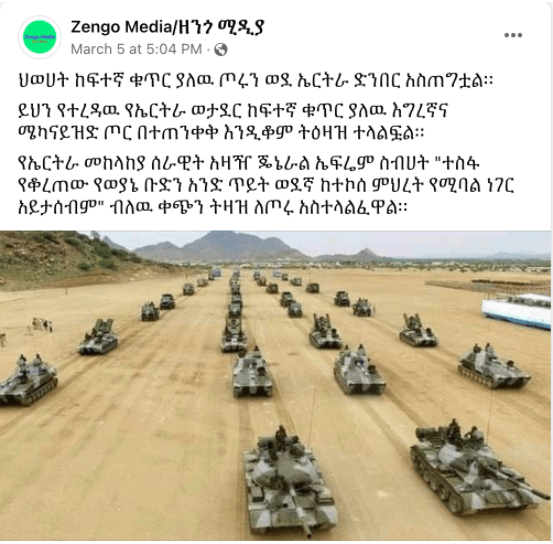Digital disinformation is becoming an increasingly common feature of Africa’s political landscape. Africa’s technological space has grown exponentially over the past decade, largely driven by the increased access to mobile devices and internet. The number of mobile phone users in Africa, 650 million, outnumbers the population of the United States or Europe. How Africans are
[elementor-template id="94265"]











